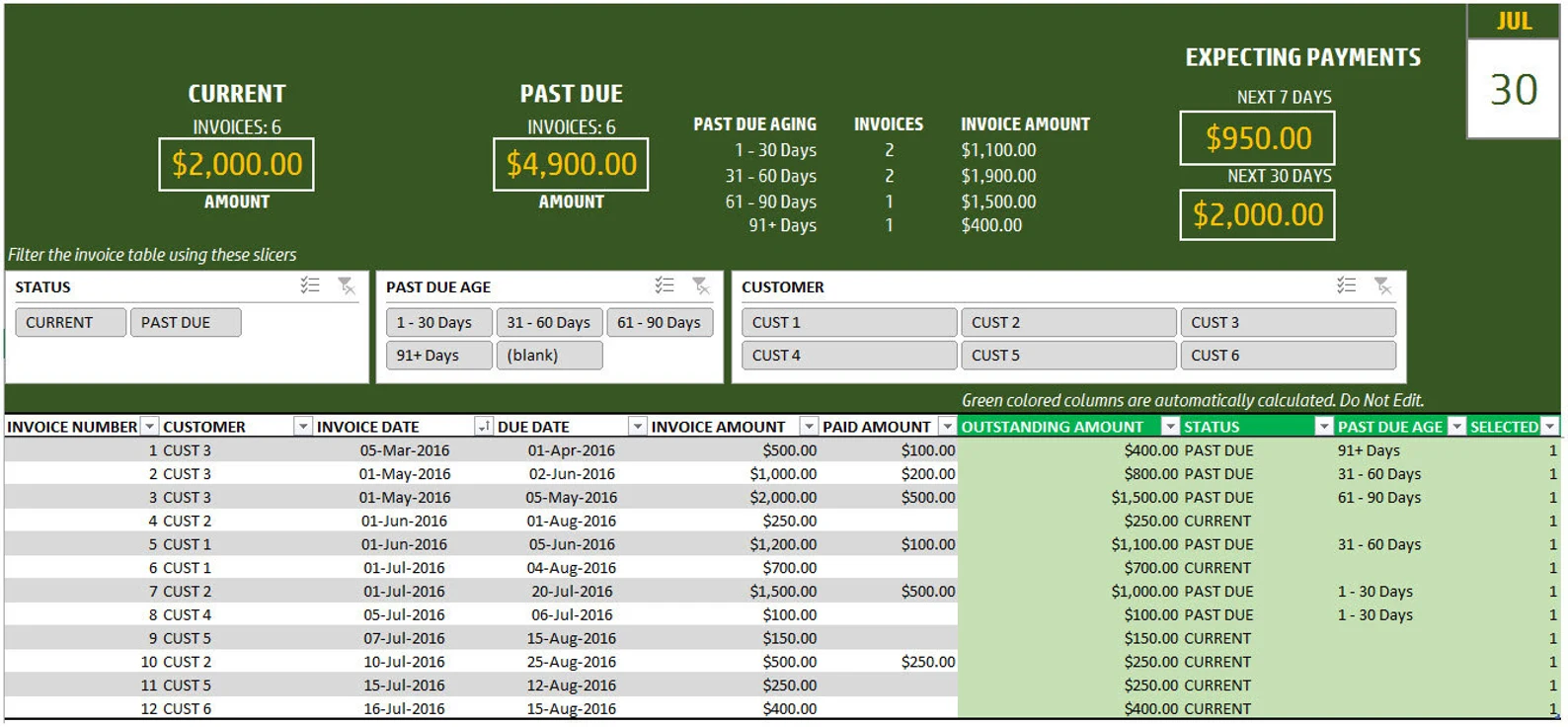Understanding Small Amount Payments
Small amount payments are transactions involving minimal monetary values, often used in everyday purchases such as a cup of coffee, a bus fare, or a single item from an online store. With the growth of digital payment options, handling these small transactions has become easier and more efficient. This type of payment is particularly common in sectors like microtransactions in gaming, digital content, and everyday shopping. Understanding how to manage and process small amount payments can benefit both businesses and consumers, as it allows for greater convenience and efficiency in daily transactions.
Benefits of Small Amount Payments
Small amount payments offer numerous advantages. For consumers, these payments eliminate the need to carry cash, allowing for quick, hassle-free transactions via mobile apps, digital wallets, or contactless cards. For businesses, enabling small amount payments can enhance customer satisfaction and drive repeat business, as customers appreciate the ease of paying for small purchases without needing to make large transactions. Moreover, small payments support businesses that rely on micropayments, such as digital platforms and online retailers selling low-cost items. They allow companies to monetize content or products that may not warrant a high price, broadening their reach and potential customer base.
Technology in Small Amount Payments
The digital age has introduced a variety of platforms and tools designed to streamline small amount payments. Mobile payment apps like Apple Pay, Google Pay, and various e-wallets allow users to make small payments without a physical card, increasing transaction speed and security. Cryptocurrencies and blockchain technology have also influenced this sphere, making it possible to conduct microtransactions with reduced transaction fees. Some businesses are also implementing QR codes and other contactless payment methods, enabling quick, seamless small amount transactions. These innovations not only simplify payments for consumers but also reduce the operational costs for businesses handling small transactions.
Managing Small Amount Payments Efficiently
For individuals and businesses alike, managing small amount payments effectively requires thoughtful strategies. For consumers, it can be helpful to use a dedicated digital wallet or bank account for small transactions to monitor spending and avoid overspending. For businesses, choosing the right payment processor is crucial; selecting one that charges minimal transaction fees can prevent small amount payments from eating into profits. Additionally, businesses should ensure their payment systems are secure and user-friendly to encourage more customers to make small purchases. By implementing these strategies, both consumers and businesses can manage small amount payments efficiently, saving money and simplifying transactions in the long run.컬쳐랜드카드결제


